Fuel types and GHG emissions — European Environment Agency
Por um escritor misterioso
Last updated 19 maio 2024

Transport demand is closely linked to economic activity: in periods of growth, economic output goes up, more goods are transported and more people travel. The impacts of transport on human health, the environment and climate change are closely linked to the choice of fuel. Clean alternative fuels, including electricity, are already available and can constitute viable options to petrol and diesel. Trip length plays a role in determining the suitability of the fuel type.

Life Cycle Greenhouse Gas Emissions of Biodiesel and Renewable Diesel Production in the United States
ESSD - EDGAR v4.3.2 Global Atlas of the three major greenhouse gas emissions for the period 1970–2012

Transport could burn up the EU's entire carbon budget - International Council on Clean Transportation

Quantification of the carbon intensity of electricity produced and used in Europe - ScienceDirect
Average specific CO2 emissions of new passenger cars per fuel type, with targets (1995-2005) — European Environment Agency
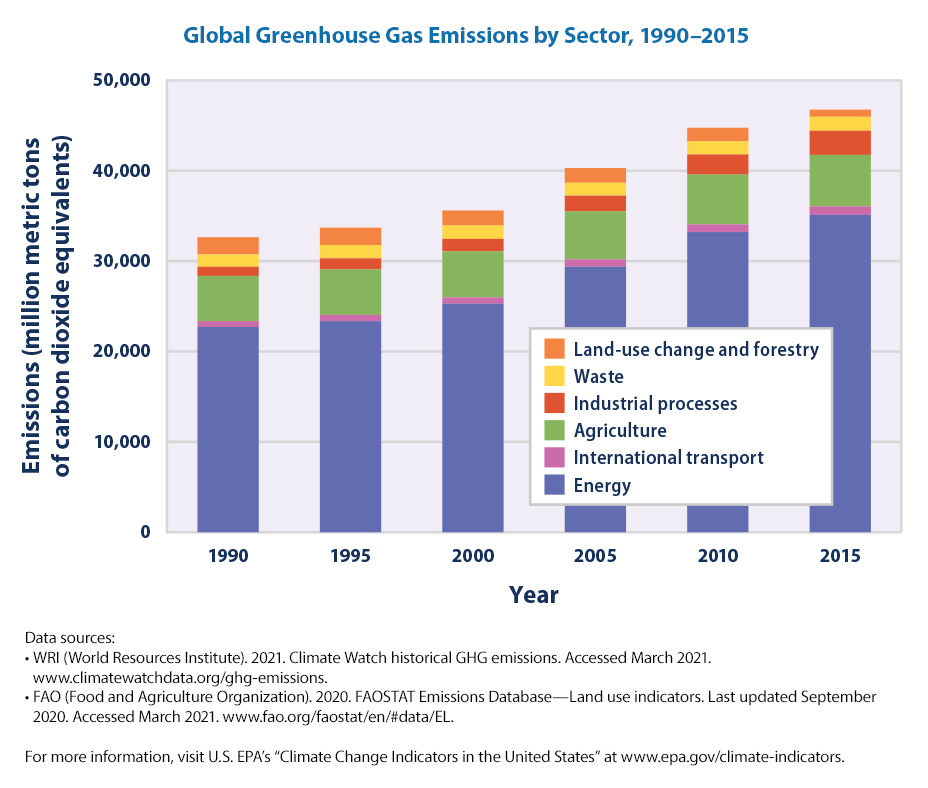
Climate Change Indicators: Global Greenhouse Gas Emissions

Germany's greenhouse gas emissions and energy transition targets

Passenger vehicle greenhouse gas emissions and fuel consumption - International Council on Clean Transportation
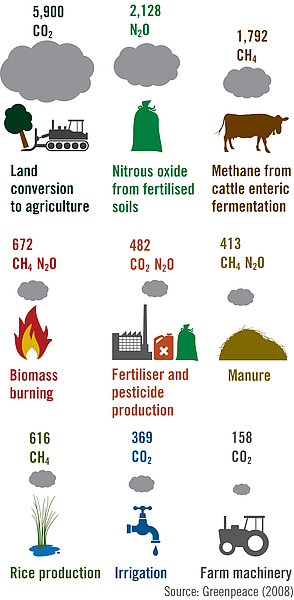
Climate and Energy
Recomendado para você
-
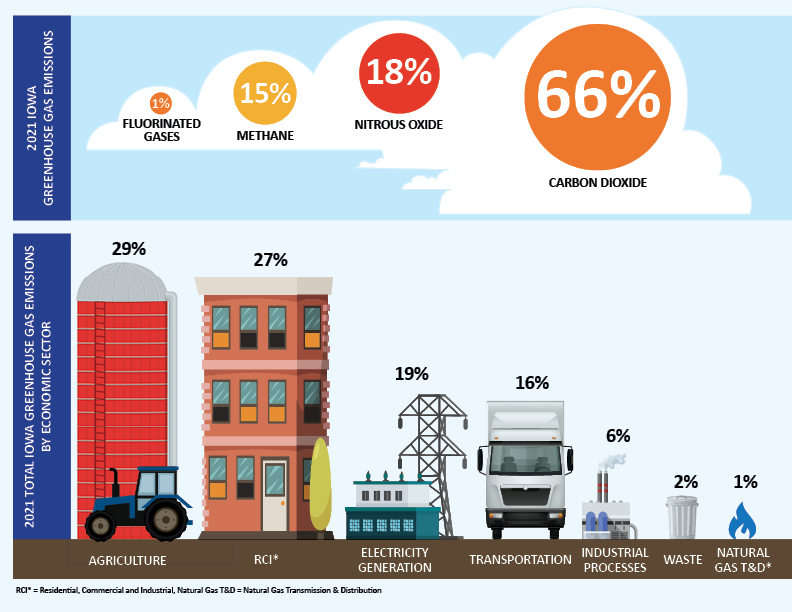 Greenhouse Gas Emissions19 maio 2024
Greenhouse Gas Emissions19 maio 2024 -
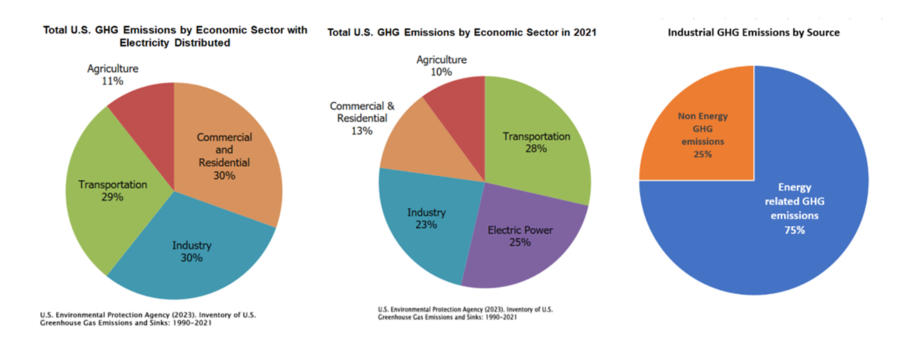 Sources of Industrial Greenhouse Emissions19 maio 2024
Sources of Industrial Greenhouse Emissions19 maio 2024 -
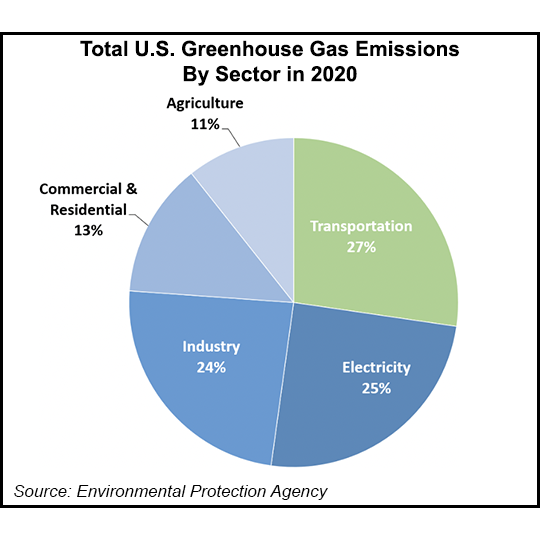 GHG Tracking Positions U.S. to Catch Up In World's EV Race, Say Feds - Natural Gas Intelligence19 maio 2024
GHG Tracking Positions U.S. to Catch Up In World's EV Race, Say Feds - Natural Gas Intelligence19 maio 2024 -
 Aiming at net-zero GHG emissions by 2050: Yusen Logistics Group announces environmental target19 maio 2024
Aiming at net-zero GHG emissions by 2050: Yusen Logistics Group announces environmental target19 maio 2024 -
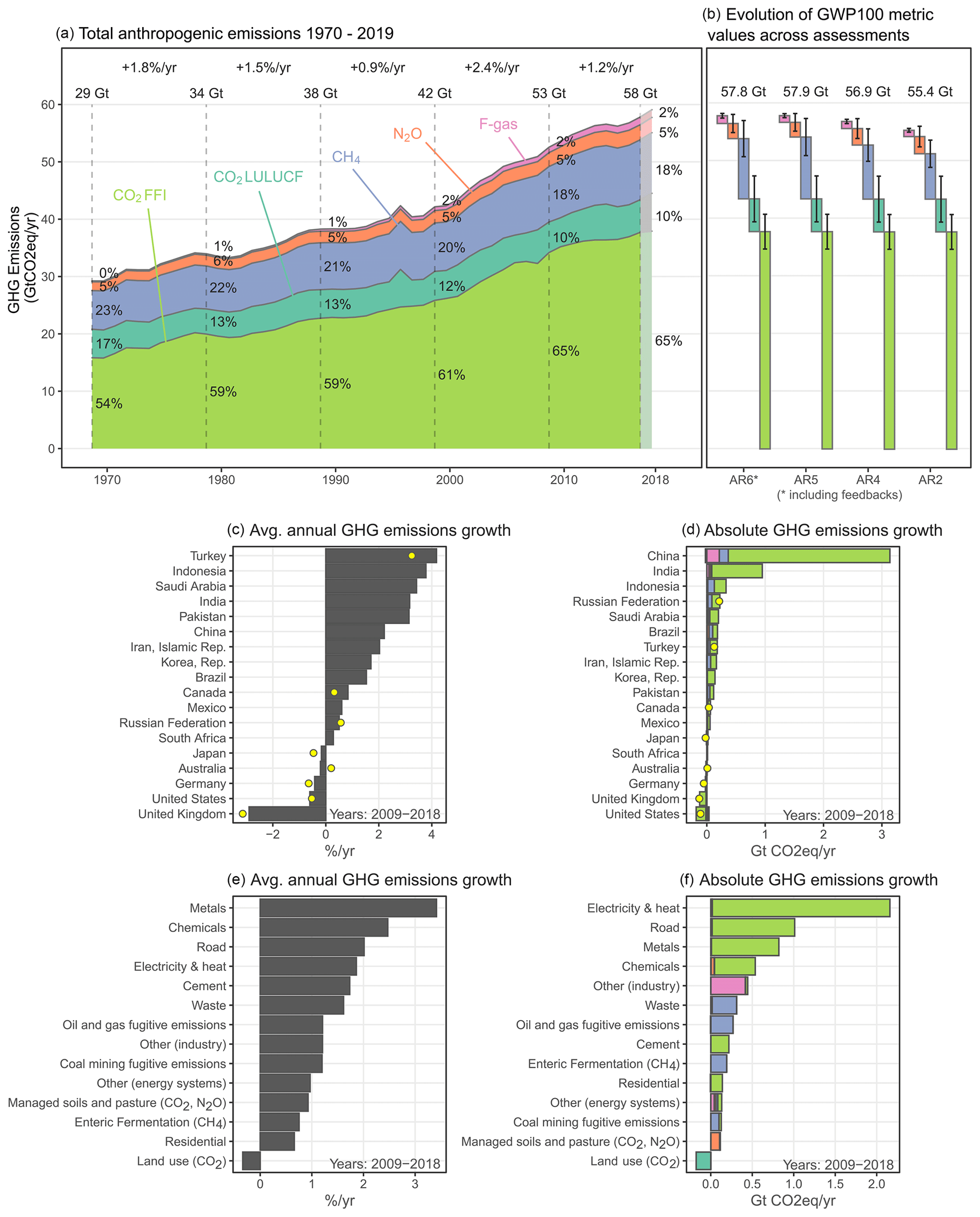 ESSD - A comprehensive and synthetic dataset for global, regional, and national greenhouse gas emissions by sector 1970–2018 with an extension to 201919 maio 2024
ESSD - A comprehensive and synthetic dataset for global, regional, and national greenhouse gas emissions by sector 1970–2018 with an extension to 201919 maio 2024 -
 Alphabet (Google) GHG emissions 202219 maio 2024
Alphabet (Google) GHG emissions 202219 maio 2024 -
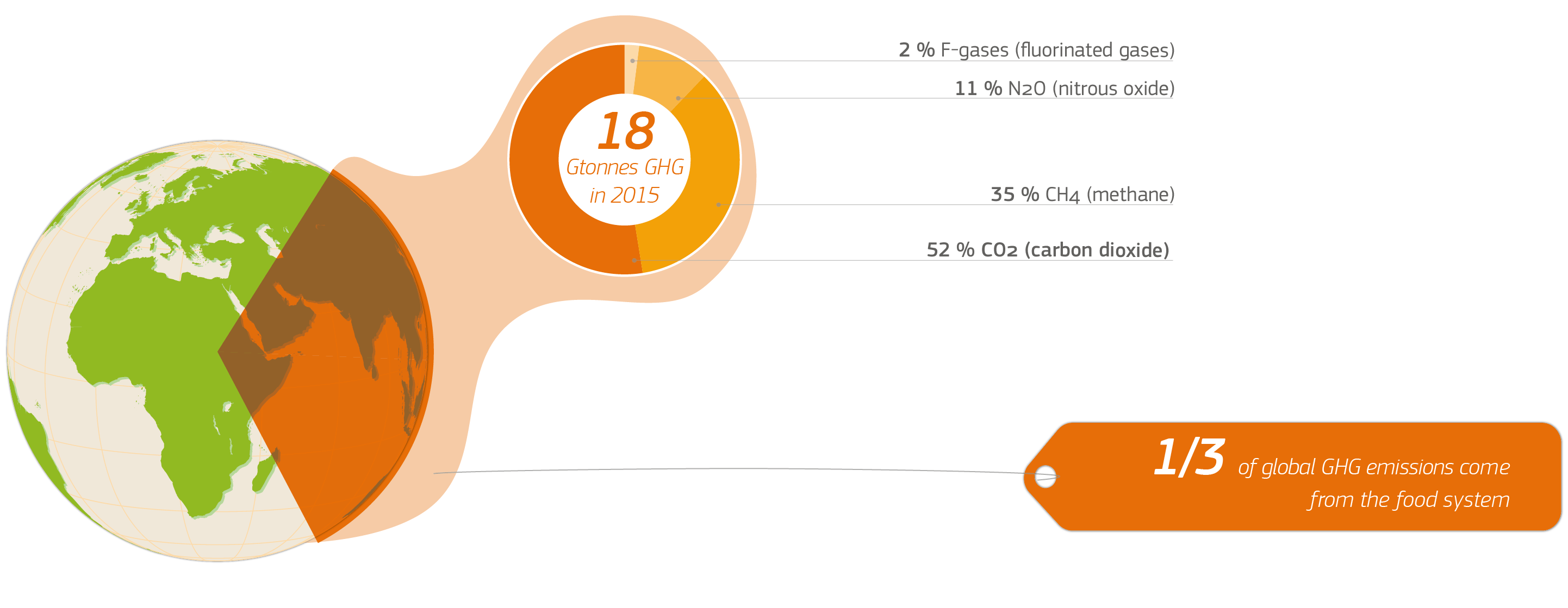 EDGAR - The Emissions Database for Global Atmospheric Research19 maio 2024
EDGAR - The Emissions Database for Global Atmospheric Research19 maio 2024 -
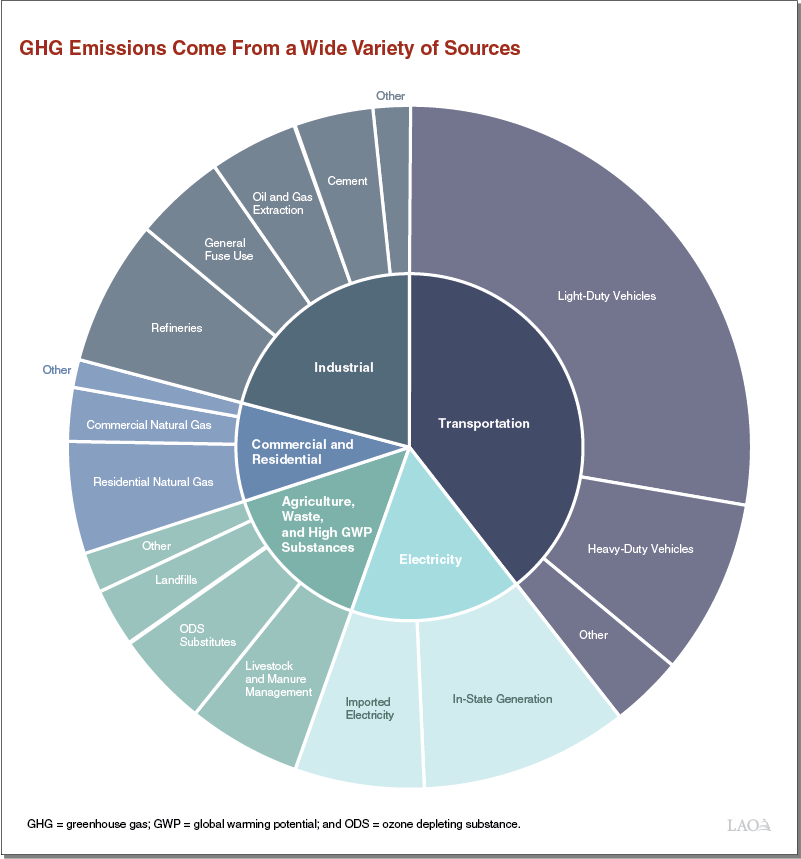 Greenhouse Gas Emissions19 maio 2024
Greenhouse Gas Emissions19 maio 2024 -
 Nevada predicts it will miss its greenhouse gas goals19 maio 2024
Nevada predicts it will miss its greenhouse gas goals19 maio 2024 -
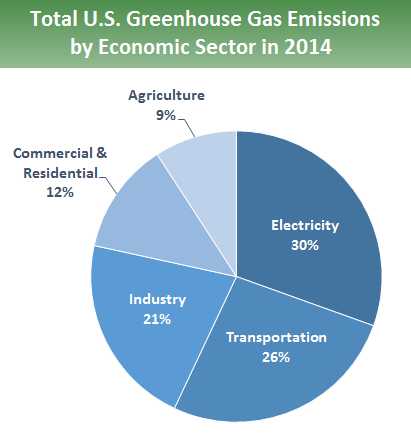 Sources of Greenhouse Gas Emissions, Greenhouse Gas (GHG) Emissions19 maio 2024
Sources of Greenhouse Gas Emissions, Greenhouse Gas (GHG) Emissions19 maio 2024
você pode gostar
-
 FK Radnički Niš - Wikipedia, la enciclopedia libre19 maio 2024
FK Radnički Niš - Wikipedia, la enciclopedia libre19 maio 2024 -
 Faça você mesmo - Criador Tatuagem Online19 maio 2024
Faça você mesmo - Criador Tatuagem Online19 maio 2024 -
 Flanela Xadrez Azul com Preto Maior - SóTecidos - Todo site em 10x19 maio 2024
Flanela Xadrez Azul com Preto Maior - SóTecidos - Todo site em 10x19 maio 2024 -
SOGIPA - É vice-campeã! É vice-campeã! A equipe Mirim masculina do clube participou da VI COPA RS, dia 14/abrl, em Santa Cruz. A competição contou com a participação de sete equipes do19 maio 2024
-
 Camiseta Oakley Heritage Skull Tee Masculina - Foa404608-02e19 maio 2024
Camiseta Oakley Heritage Skull Tee Masculina - Foa404608-02e19 maio 2024 -
 the incredibly gay urge to get Ellie's tattoo (TLoU2) : r/thelastofus19 maio 2024
the incredibly gay urge to get Ellie's tattoo (TLoU2) : r/thelastofus19 maio 2024 -
 cultivonerd19 maio 2024
cultivonerd19 maio 2024 -
 Buy Ho-Oh GX - SM57 - SM Black Star Promos at Ubuy Denmark19 maio 2024
Buy Ho-Oh GX - SM57 - SM Black Star Promos at Ubuy Denmark19 maio 2024 -
 NERF MicroShots Fortnite Doggo - Blaster-Time19 maio 2024
NERF MicroShots Fortnite Doggo - Blaster-Time19 maio 2024 -
 SEMP TCL coloca o time para jogo com seleção inspiradora de produtos para o mundial feminino de futebol - TCL SEMP19 maio 2024
SEMP TCL coloca o time para jogo com seleção inspiradora de produtos para o mundial feminino de futebol - TCL SEMP19 maio 2024
